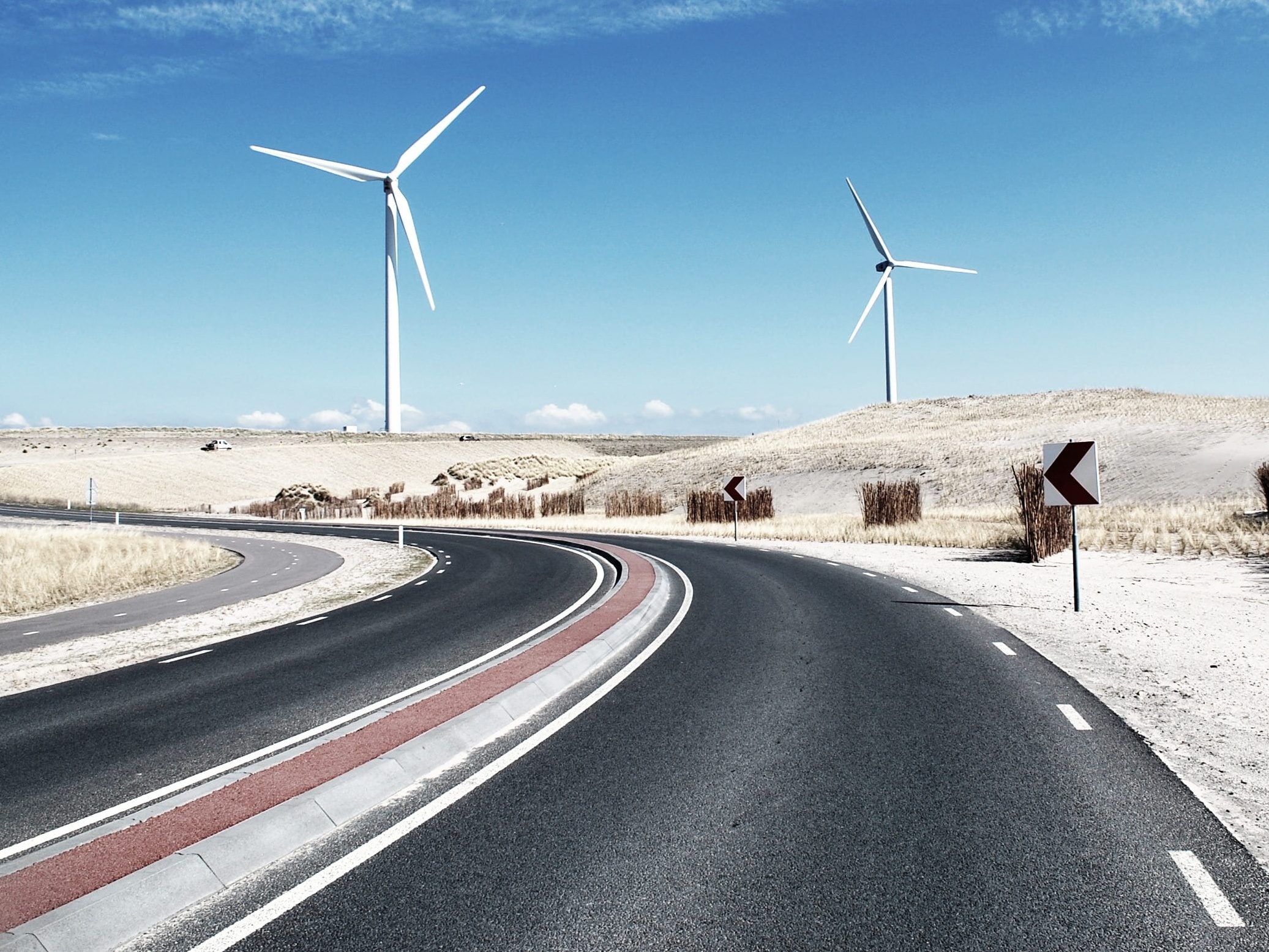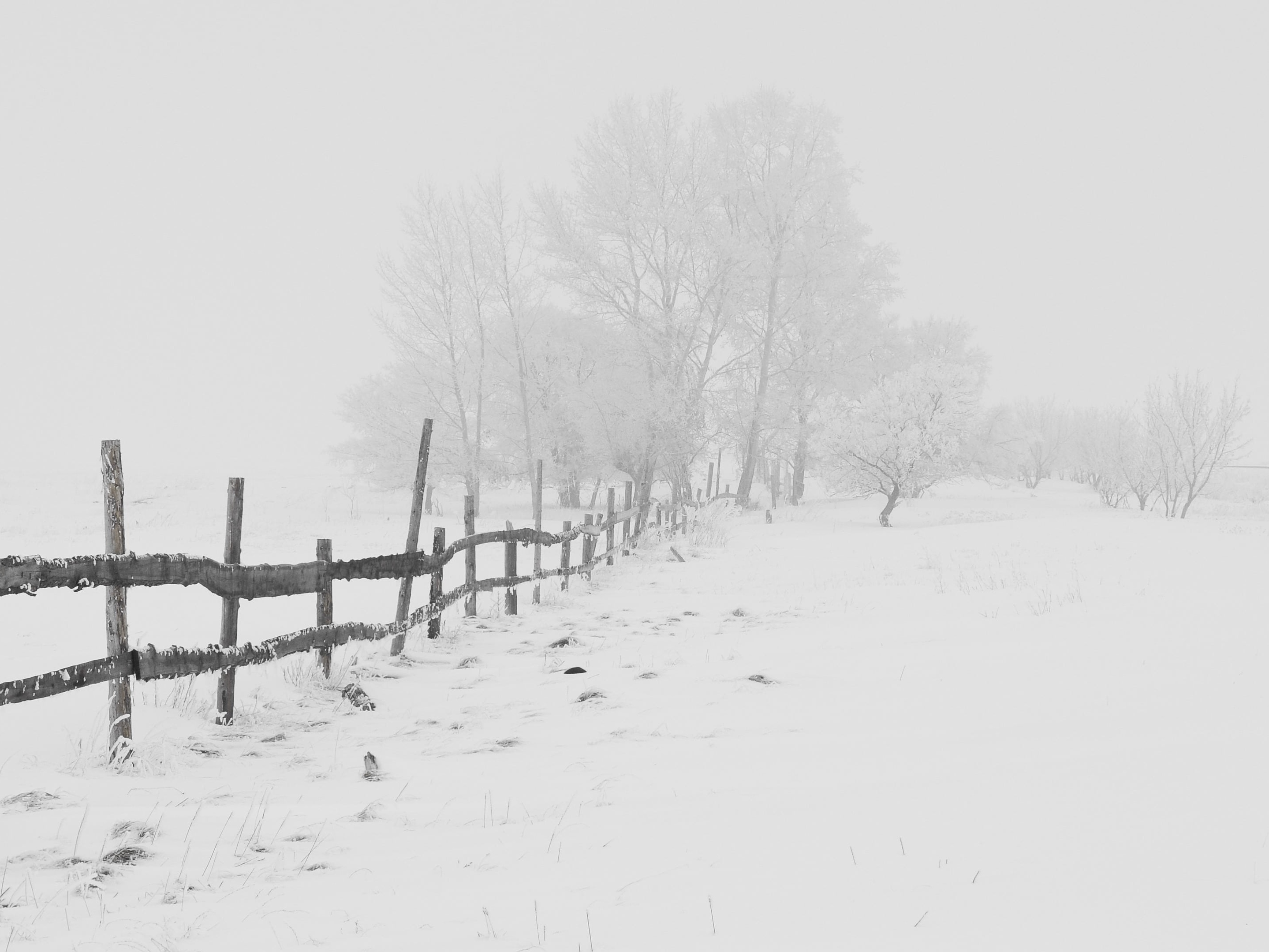Climate Change and Effect
Climate refers to the general weather conditions of a place over many years. It is a significant variation of average weather conditions—say, conditions becoming warmer, wetter, or drier—over several decades or more. It’s that longer-term trend that differentiates climate change from natural weather variability. And while “climate change” and “global warming” are often used interchangeably, global warming—the recent rise in the global average temperature near the earth’s surface—is just one aspect of climate change.
We’re facing the biggest environmental challenge our species has ever seen. No matter what we’re passionate about, something we care about will be affected by climate change.
Global warming is likely to be the greatest cause of species extinctions this century. The IPCC says a 1.5°C average rise may put 20-30% of species at risk of extinction. If the planet warms by more than 2°C, most ecosystems will struggle. Many of the world’s threatened species live in areas that will be severely affected by climate change. And climate change is happening too quickly for many species to adapt.
Climate change affects all regions around the world. Polar ice shields are melting and the sea is rising. In some regions extreme weather events and rainfall are becoming more common while others are experiencing more extreme heat waves and droughts.
Sea levels are rising and oceans are becoming warmer. Longer, more intense droughts threaten crops, wildlife and freshwater supplies. From polar bears in the Arctic to marine turtles off the coast of Africa, our planet’s diversity of life is at risk from the changing climate. To adequately address this crisis we must urgently reduce carbon pollution and prepare for the consequences of global warming, which we are already experiencing
These impacts are expected to intensify in the coming decades.
-
Carbon Footprint:
This is the amount of carbon that an organization or person produces in any given time.
-
Climate Change and Global Warming:
Although these two terms may seem interchangeable, they aren’t truly identical. Global warming refers to the overall increase in worldwide temperatures caused by rising greenhouse emissions. Climate change, on the other hand, is a broader term that encompasses the many long-term changes our planet is experiencing.
-
Mitigation:
Any actions taken to reduce greenhouse gas emissions are considered mitigation. That includes legislation promoting conservation, investments in clean technology, or even planting a tree in your own backyard! In order to create an environmentally sustainable society, individuals, governments, and corporations around the world will need to commit to mitigating their contributions to global climate change.
-
Adaptation:
Adjustment or preparation of natural or human systems to a new or changing environment which moderates harm or exploits beneficial opportunities.
-
Tipping Point:
Synonymous with “threshold,” this term refers to the point at which a change in climate is significant enough to trigger a significant environmental event which may not be reversible. Present-day examples include coral bleaching and melting polar ice caps.
It is a 16 cards matching game, you flip a card, it stays face-up, you then flip a second card that matches it, with the same pattern on it.
The goal is to get all of the cards matched.
There is a timer with default set-time that start simultaneously as the game begins, it counts down and when its get to zero you lose.
Also, there is flip counter that records the number of flips made.Your objective is to get the lowest number of flips with the highest number of time in each game played.
Card Imagery
At the back of the cards, the corner images are anthropogenic factors causing climate change, while the center is the image of the Earth.
At the front card, the corner images are likely impact of climate change, while the center are the likely Adaptation and mitigation imageries.


